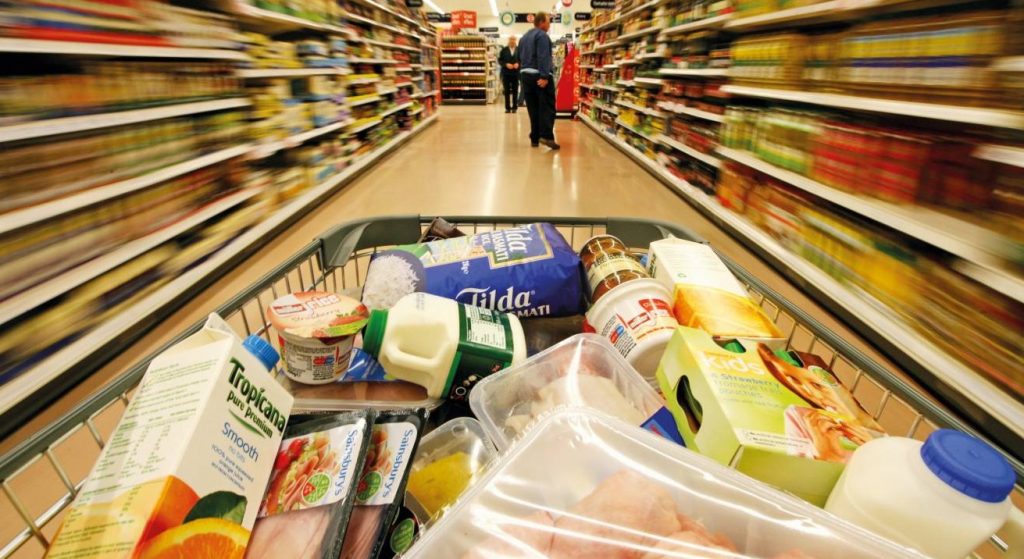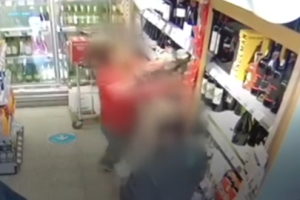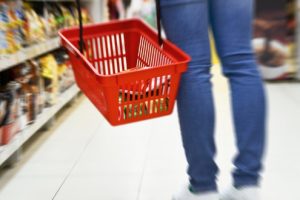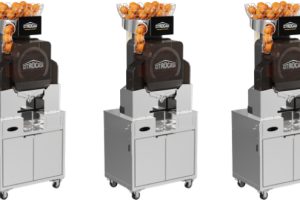But the analyst added that the fall in year-on-year sales was measured against a year when there was high demand because of the lockdown at the start of 2021. Spending remains 8% higher than pre-pandemic.
The more important statistic for retailers is the 3.8% inflation figure, with households in the UK facing a squeeze on their budgets.
Fraser McKevitt, head of retail and consumer insight at Kantar, said: “Prices are rising on many fronts and the weekly shop is no exception. Like-for-like grocery price inflation, which assumes that shoppers buy exactly the same products this year as they did last year, increased again this month.
“Taken over the course of a 12-month period, this 3.8% rise in prices could add an extra £180 to the average household’s annual grocery bill.
“We’re now likely to see shoppers striving to keep costs down by searching for cheaper products and promotions.”
Kantar noted that January’s figures revealed increasing sales of alcohol-free beer (up 5%) and plant-based products as customers embraced dry January and Veganuary.
The analyst said it had also noticed increasing confidence about heading out and about, combined with a return to the office, which was making shopping patterns look more like those pre-pandemic.
McKevitt said: “Basket sizes are now 10% smaller than this time last year, hitting their lowest level since the beginning of the pandemic, while footfall increased by 5% as every major retailer was busier in their stores.
“Changing habits were most marked in London, where take-home sales of food and drink decreased by 11%.
“This suggests people in the capital were the quickest to embrace eating out in cafés, pubs, and restaurants as many of us returned to city centres.”
Another category that did well in January was personal hygiene products such as deodorants and razor blades.
McKevitt said there was evidence “of people scrubbing up as the work-from-home directive ended and socialising increased”.
Online purchases were down by 15% compared with the same period last year, although Kantar again warned that this fall has to be seen in comparison with a time when a strict lockdown was in place.
Digital orders were at 12.5% in the 12 weeks, nearly twice the pre-pandemic rate.
Sales at symbol and independent stores were down by 13.5% on last year, said Kantar, but still up by 4.6% on January 2020.
 Talking Retail Grocery and product news for independent retailers
Talking Retail Grocery and product news for independent retailers






